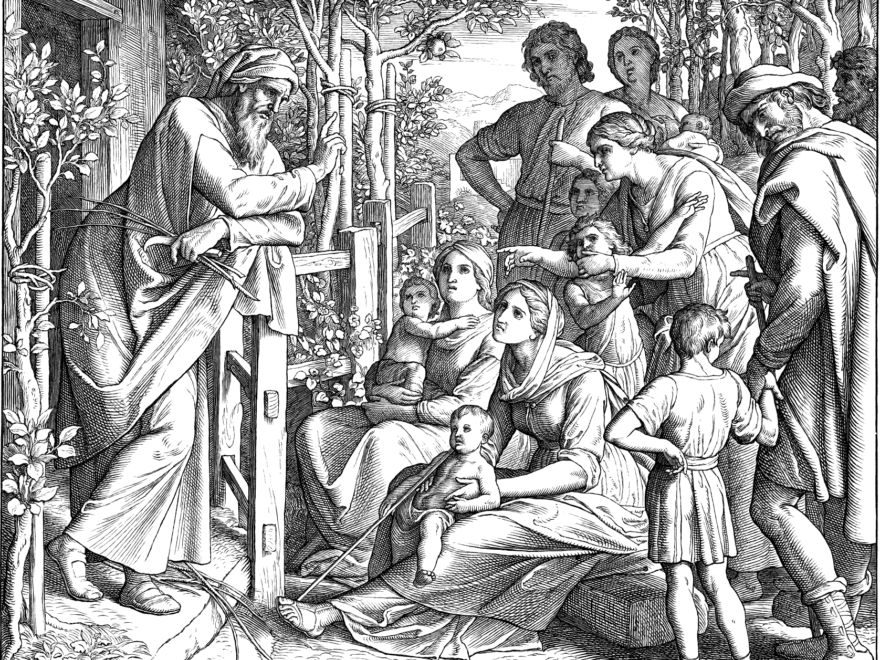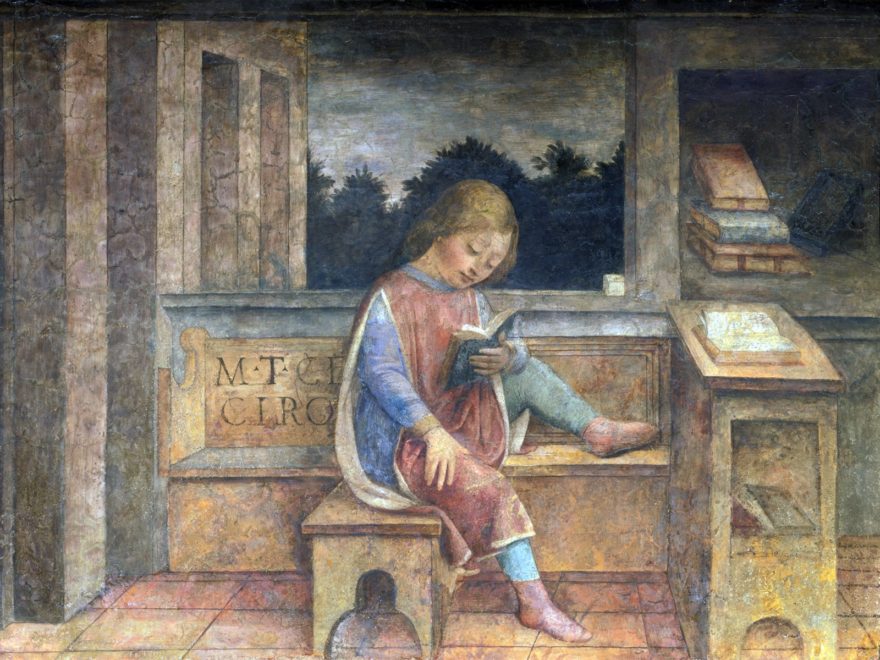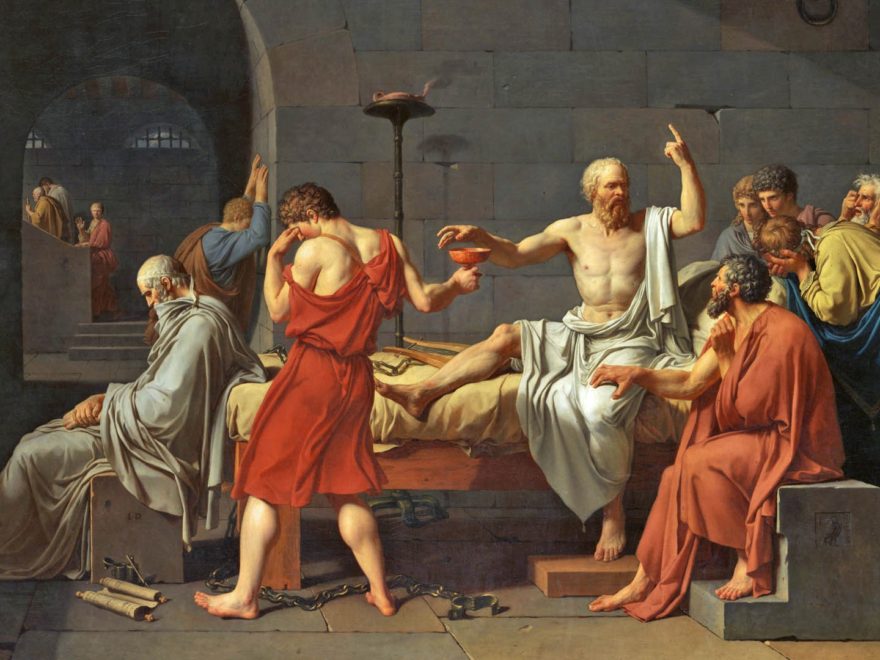Tag: Augustine
-

Why Classical Education Needs a Theology of Wisdom: A Foundation for Wise Integration in the Modern World
The modern world of education is characterized by the opposites of integration: isolation and reductionism. Colin Gunton, in the 1992 Bampton Lectures at Cambridge, entitled The One, The Three and the Many: God, Creation and the Culture of Modernity, uses the terms, “disengagement” and “fragmentation” to describe the predicament of modernity. The term “disengagement” he…
-

Renaissance Children: How Our View of Children Shapes Our Educational Aims
Perhaps no figure in Twentieth century America captured the idealization of childhood innocence better than Norman Rockwell. His paintings, appearing regularly on The Saturday Evening Post, often included children who evoked an innocence untouched by hard realities that grown ups experienced through the Great Depression and two World Wars. Consider the painting Marble Champion. This…
-

The Value of Objective Value: C. S. Lewis on Renewing Education
No matter what age you or your children are, I highly recommend The Chronicles of Narnia by C. S. Lewis for summer reading. They are lighthearted yet full of depth. I am reading aloud The Silver Chair, the fourth book in the seven-book series. For those who know the general contours of the series, this…
-

Training the Prophetic Voice, Part 6: Classical Rhetoric for the Modern World
In my last post, I explored the concept of internalization. Students need to internalize the truth in such a way that it impacts their lives personally. Obviously this will look different for each individual, so there is no formula. I like to think of each person as embarking on a journey during which they will…
